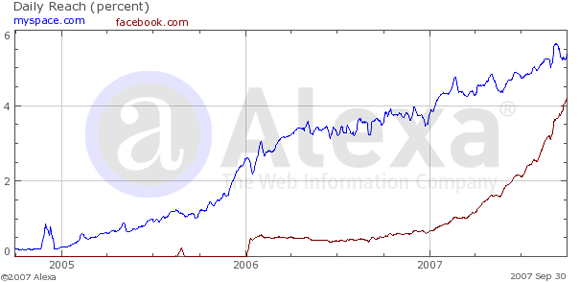Good to see that the crisis in Pakistan is occupying candidates for the Republican nomination for President. Mike Huckabee, for example, sees Pakistan as a reason for a border fence.
DES MOINES — Mike Huckabee used the volatile situation in Pakistan Friday to make an argument for building a fence on the American border with Mexico and found himself trying to explain a series of remarks about Pakistanis and their nation.
On Thursday night he told reporters in Orlando, Fla.: “We ought to have an immediate, very clear monitoring of our borders and particularly to make sure if there’s any unusual activity of Pakistanis coming into the country.”
On Friday, in Pella, Iowa, he expanded on those remarks.
“When I say single them out I am making the observation that we have more Pakistani illegals coming across our border than all other nationalities except those immediately south of the border,” he told reporters in Pella. “And in light of what is happening in Pakistan it ought to give us pause as to why are so many illegals coming across these borders.”
Fact: according to the Department of Homeland Security, far more illegal immigrants come from the Philippines, Korea, China and Vietnam.
Huckabee’s first response to the assassination, btw, was to express “our sincere concern and apologies for what has happened in Pakistan.”



